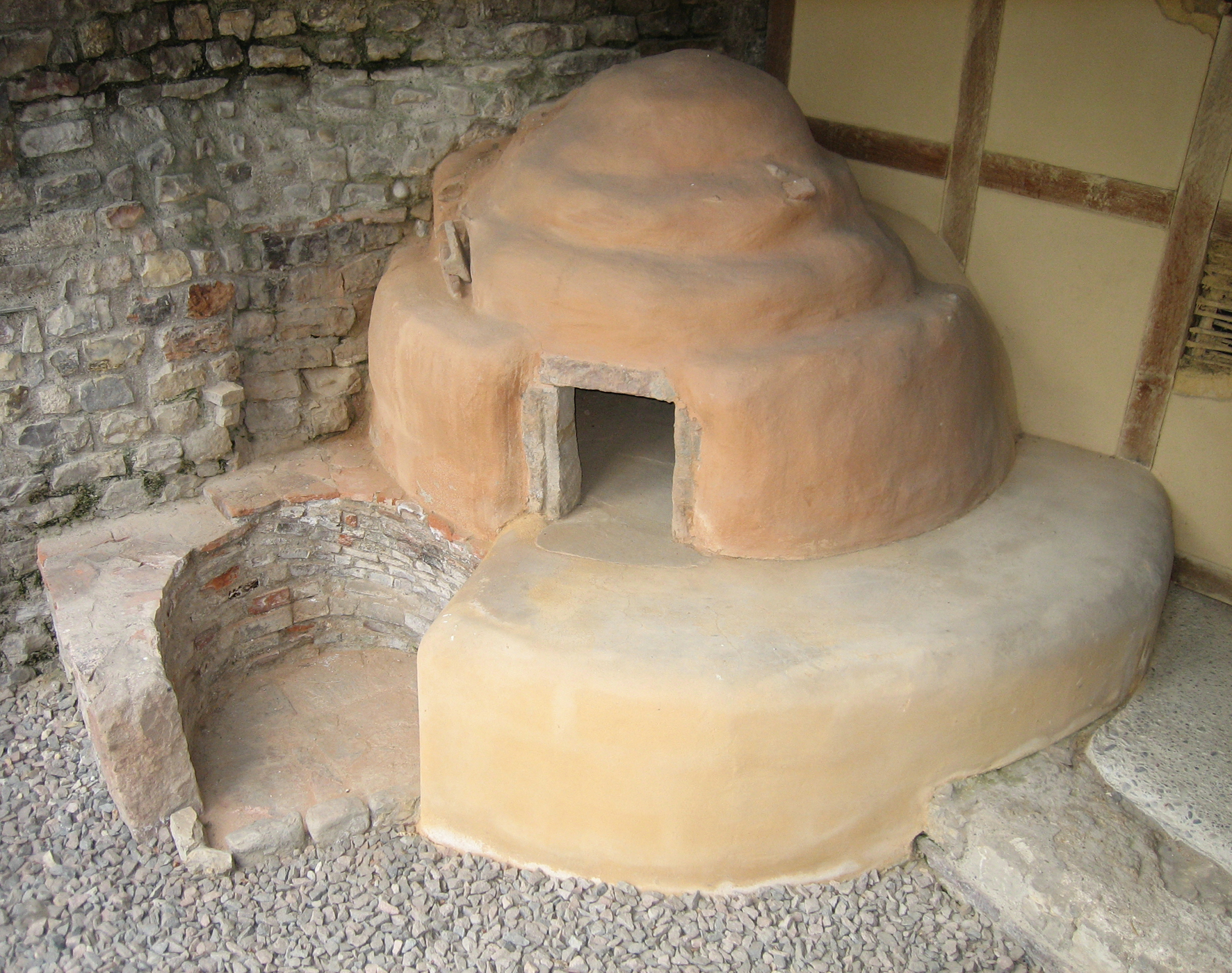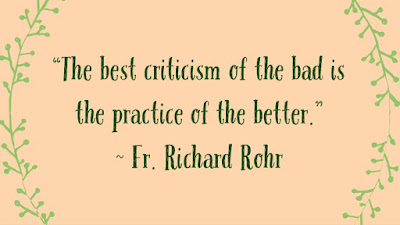Gospel Text: John 18:33-37
What is a King?
When we hear the words “king” and “kingdom” what kinds of images form in our minds? Splendor, glory, wealth, power, authority, homage, ceremony, military might, violence, divine rights, grand palaces, royal balls, parties and banquets, state visits, alliances, marriages of convenience, romance, obedience from subjects, ownership of lands and people. Where do we get these images? Likely from television, movies, books, and school – and probably more or less in that order.It’s probably safe to say that pretty much none of us have firsthand experience with monarchs and kingdoms. Even those who have lived in a nation that still maintains some kind of monarchy is unfamiliar with the kinds of monarchies under which the gospel writer of John wrote.
So how are we supposed to understand what it means for Jesus Christ to be our King? We have none to very little frame of reference in which to try to interpret how that is supposed to look like.
Kingdom in the Gospel of John
I have what might come as a bit of surprise to you: the Jesus depicted in the gospel of John might agree with us – that we humans have little reference in which to understand the kind of kingdom Jesus rules over.Some of the other books in the New Testament and the Synoptic gospels – Matthew, Mark, and Luke – have a lot to say about the kingdom of heaven and the kingdom of God – which are synonymous – and about the rulership of God as King. The Synoptics have numerous parables in which Jesus compares the kingdom to something more familiar in this world.
But in the gospel of John, that language is curiously absent. In this gospel the kingdom is mentioned twice. First time is found in chapter 3, during Jesus’ nighttime discourse with Nicodemus, and the second time in today’s gospel reading where Pilate asks Jesus if he is a king. It is almost as if the Jesus in John is reluctant to identify as king. Or maybe not almost, but actually is reluctant. That to do so might result in misunderstandings about him and what he is about.
Jesus' Self-Identification
It isn’t as if Jesus is reluctant to identify himself in other ways. The gospel of John is known for the seven “I am” sayings of Jesus:1. “I am the bread of life” – John 6:35, 41
2. “I am the light of the world” – John 8:12, 9:5
3. “I am the door of the sheep” – John 10:7, 9
4. “I am the good shepherd” – John 10:11, 14
5. “I am the resurrection and the life” – John 11:25
6. “I am the way, the truth and the life” – John 14:6
7. “I am the true vine” – John 15:1, 5
Notice however that nothing in these sayings comes close to Jesus identifying himself with kings and kingdoms. So here we are: Christ the King Sunday, discussing a passage where Jesus mentions his kingdom, in a gospel account where his kingdom is almost never mentioned. Is is possible to work out something meaningful from this apparent paradox?
An Imaginary Retelling
While puzzling over this, I wondered what Jesus might say if someone today asked him if he was a king. What follows is my imaginative reinterpretation of today’s reading.Me: “Jesus, good to see you today. We are honoring you as our king today.”
Jesus: “Are you saying this because you are truly convinced and believe that I am your king? Or are you simply saying this because it is tradition, and because ‘Christ is King’ is something you’ve heard over and over in Sunday School, in sermons, in Bible studies, and more? Tell me, what do you know about kings and kingdoms?”
Me: “Well, a king is ruler over his kingdom. He has subjects and they obey him. The king has absolute power over his subjects and over his domain.”
Jesus: “So are you saying it’s about authority and power to enforce that authority?”
Me: “Well.. Now that you put it that way, I’m not so sure.”
Jesus: “The kingdoms of this world, or shall I say, the nations of this world, are indeed formed around authority and their ability to maintain control over that authority using various types of power: physical force, economic force, social hierarchies, and they use laws and traditions to do that. Indeed, if my kingdom originated in that foundation, I would employ those means to spread my kingdom. But my kingdom is not from here. My kingdom has very different foundations and principles.”
Me: “But you are a King, are you not?”
Jesus: “You say that I am a king. You want to place a label on the kind of power and authority I employ so that you can domesticate me and put me into a category you can feel comfortable with. But I’m not going to let you do that. Here is what I am:
"I am the bread of life.
I am the light of the world.
I am the door for the sheep.
I am the good shepherd.
I am the resurrection and the life.
I am the way, which is the truth and life.
I am the true vine.
"I came to expose the truth about two kinds of power. One unilaterally imposes itself onto others, with an ultimate threat of harm and death. The other invites everyone to share in its life-giving. The world is based on the former. My power is the latter. I came to condemn those who would lord power over others. I came to show that my power is power shared with all in community.
"My entire life is based on demonstrating the life-giving power through loving and caring relationships found in communion with one another. It is the only power stronger than fear and death. It is the only power strong enough to defeat the world. Everyone who accepts this listens to my voice and follow me.
I am the good shepherd. Follow me.
I am the door for the sheep. Enter my kingdom.
I am the light of the world. If you follow me, you won’t get lost.
I am the bread of life. Your soul’s hunger will be met through me.
I am the true vine. Your soul’s thirst will be quenched through me.
I am the resurrection and the life. The world may drain you and even kill you, but your life is secure with me.
I am the way, the truth, and life. Follow me into true life.”
Saying that, Jesus takes leave and has me pondering, who is Jesus and what does it mean to proclaim him as king? For so long I’ve assumed the kingship of Jesus to be about his power and majesty that this conversation leaves me with more questions than answers.
Who and What is Jesus?
Immediately following this morning’s section of the reading, Pilate asks his infamous question, “What is truth?”In the history of Christian interpretation of this question, Pilate has been much maligned and ridiculed. It’s often been said that he was so impatient to get rid of Jesus that he wasn’t willing to take time to listen. That he had truth standing right before him, but he couldn’t see it because he was so blind to his fear and ambitions. Perhaps for Pilate truth was synonymous with raw factual data and nothing more, and Jesus’ idea of truth didn’t sound like truth. Or perhaps that Pilate was dismissing the whole idea that there could be truth that people agreed upon.
I wonder today if we’ve been too quick to judge Pilate. What Jesus is saying about himself and how Jesus is projecting himself before Pilate defies all labels. Pilate is trying to place Jesus into a category that he is equipped to handle. He can handle a violent revolutionary. He can handle a confused person who claims to be a king. He can handle a person who denies all charges. But Jesus cannot be pigeonholed. Jesus does not volunteer a claim to king, yet he does not deny it. He does not deny the charges brought against him by his own people, yet he does not admit any guilt.
What would we do with someone like that? What do we do with people that makes us very uncomfortable? My first response is to try to get away from the situation as quickly as I can. And when I think that Pilate is doing just that, I think that maybe I shouldn’t be so hasty in judging his reaction because it well could have been mine.
Entering into Discomfort
Maybe the gospel of John is inviting us into the discomfort. In the kingdom of Jesus, there will be a variety of people, some that we are comfortable with, but also many that might cause us discomfort. When we claim Christ as our King, Jesus is not only our Lord but everyone in the kingdom is also our sisters and brothers. Jesus commanded his disciples to love one another, to be in communion fellowship with one another. And we know from our own earthly families that sometimes families can be quite uncomfortable. (Refrain from putting in a Thanksgiving dinner joke here. Oops!) Likewise, a spiritual community can also be uncomfortable at times. But if Jesus is the king, our shepherd, the way and life, then it is through the challenges of community building and sustaining that love can work its power to bring people together, in spite of differences and discomfort.I think Jesus was reluctant to claim the title of King because it could so easily lead to misunderstanding and misinterpretation. It could easily lead to us forgetting the actual heart and power of Jesus and his kingdom.
When we proclaim Christ as King today, let us remember what kind of King we are proclaiming. We are proclaiming a King who shares his life-giving power of love through the community we see visibly today as the church. As members of that kingdom, each one of us shares in that power. We have the power to give true life to someone, today. May we honor our King by taking seriously the responsibility and power he has shared with us. May our words and deeds bring comfort and life to the discouraged, the hopeless, the rejected, the marginalized, those who the world would rather just not see, those that the world might just rather go away and even die. May we be willing to sacrifice our comforts to honor our King who gave us the example to follow.
![Andreas F. Borchert [CC BY-SA 3.0 de (https://creativecommons.org/licenses/by-sa/3.0/de/deed.en), CC BY-SA 4.0 (https://creativecommons.org/licenses/by-sa/4.0) or GFDL (http://www.gnu.org/copyleft/fdl.html)]](https://upload.wikimedia.org/wikipedia/commons/2/27/Toomyvara_St._Joseph's_Church_Window_Tu_Rex_Gloriae_Christe_by_William_Earley_1933_2010_09_08.jpg)





.jpg)










